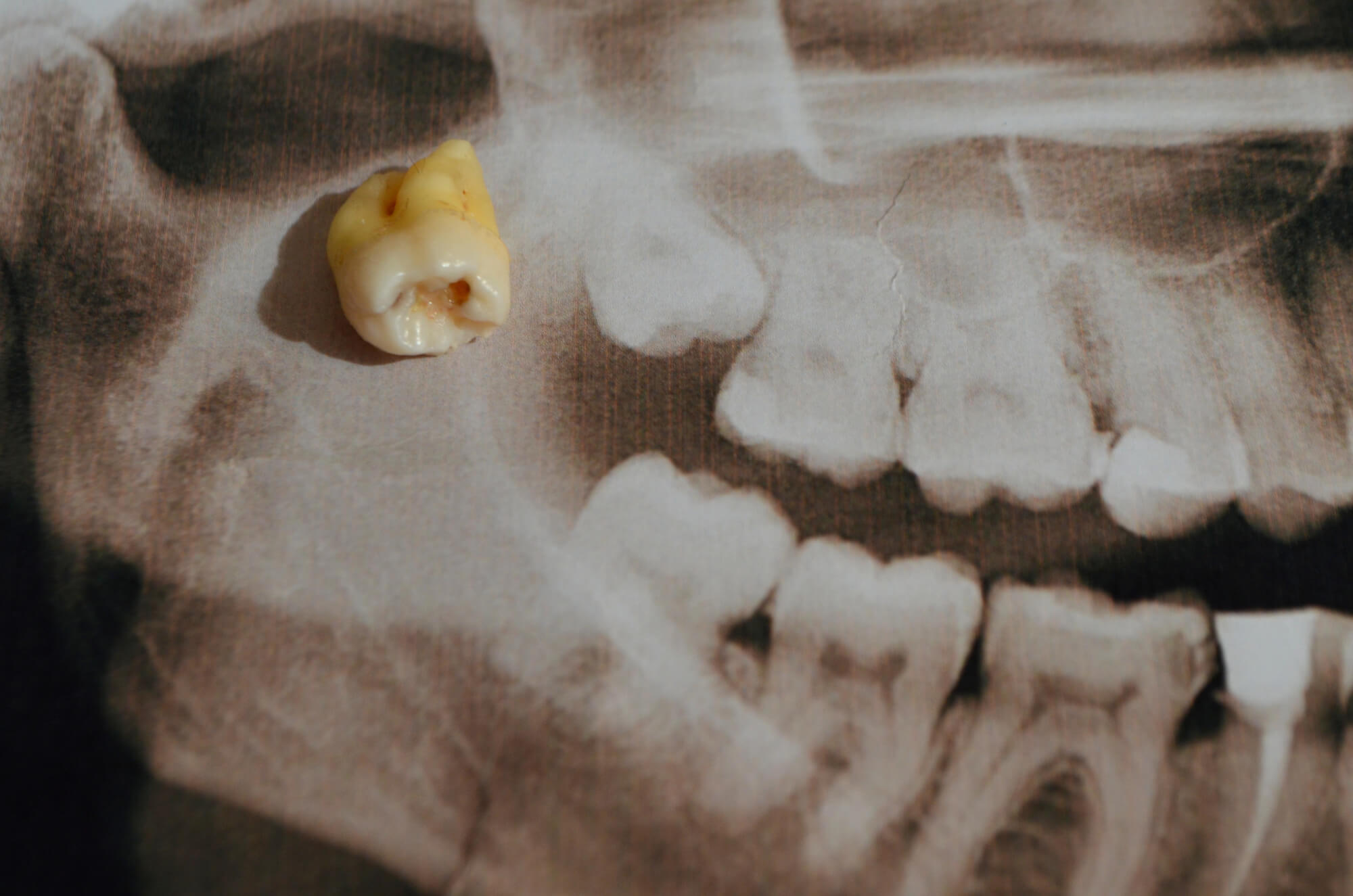Wisdom teeth removal in Las Vegas, NV, is a common dental procedure, but the timing can vary significantly depending on individual circumstances. Many people wonder if there’s an ideal age for this procedure and whether getting it done sooner rather than later offers any benefits.
Understanding the factors influencing the timing of wisdom teeth removal can help you make an informed decision. Knowing when to remove your wisdom teeth is crucial for maintaining optimal oral health, whether you’re a teenager or an adult.

Why Timing Matters for Wisdom Teeth Removal
When it comes to wisdom teeth removal, timing plays a significant role in the ease and success of the procedure. Wisdom teeth typically start to develop in the late teens to early twenties.
However, not everyone experiences problems with their wisdom teeth, leading some to question whether early removal is necessary. There are several reasons why dentists may recommend removing wisdom teeth sooner rather than later.
The Advantages of Early Wisdom Teeth Removal
Lower Risk of Complications
One of the main benefits of early wisdom teeth removal is the lower risk of complications. Younger patients generally have less dense bone tissue and more flexible roots, simplifying the removal process and reducing the likelihood of issues such as nerve damage or infection. Additionally, younger patients typically heal faster and experience fewer postoperative complications.
Preventing Future Problems
Removing wisdom teeth before they cause problems can prevent future dental issues. Wisdom teeth can often become impacted, meaning they don’t have enough space to emerge properly, leading to pain, swelling, and potential damage to adjacent teeth. By removing them early, you can avoid these complications and maintain better overall oral health.
Easier Recovery Process
The recovery process tends to be smoother and quicker for younger patients. As we age, our bodies heal more slowly, and the risk of complications during recovery increases. Younger individuals are more likely to bounce back quickly after wisdom teeth removal, with less discomfort and a reduced chance of infection or dry socket.
Less Crowding and Misalignment
Wisdom teeth can contribute to crowding in the mouth, particularly if there isn’t enough space for them to come in correctly. This crowding can lead to misalignment of the other teeth, potentially undoing years of orthodontic work. Removing wisdom teeth at a younger age can help prevent this crowding and keep your smile straight and well-aligned.
When It Might Be Best to Wait
Monitoring Growth and Development
In some cases, your dentist might recommend waiting to remove wisdom teeth until they are fully developed or if they’re growing in properly without causing any issues. Regular monitoring through dental exams and X-rays can help determine the best timing for removal, ensuring that the procedure is only performed if necessary.
Individual Circumstances
Every patient is different, and there’s no one-size-fits-all approach to wisdom teeth removal. Factors such as the position of the teeth, the patient’s overall health, and the presence of symptoms like pain or infection will all influence the timing of the procedure. Consulting with your dentist to evaluate these factors is essential in making the right decision.
Financial and Scheduling Considerations
For some patients, the timing of wisdom teeth removal may also be influenced by practical considerations, such as financial costs or scheduling. Balancing the need for the procedure with these factors can sometimes lead to postponing removal, especially if the wisdom teeth are not currently causing any problems.

Do You Need Wisdom Teeth Removal in Las Vegas, NV?
Deciding the best time for wisdom teeth removal is an important step in maintaining your oral health. While there are benefits to early removal, each case is unique. The dental team at Drs. Chin & Pharar Dentistry is here to guide you through the process, helping you make the best decision based on your individual needs. Contact us today to schedule a consultation.
